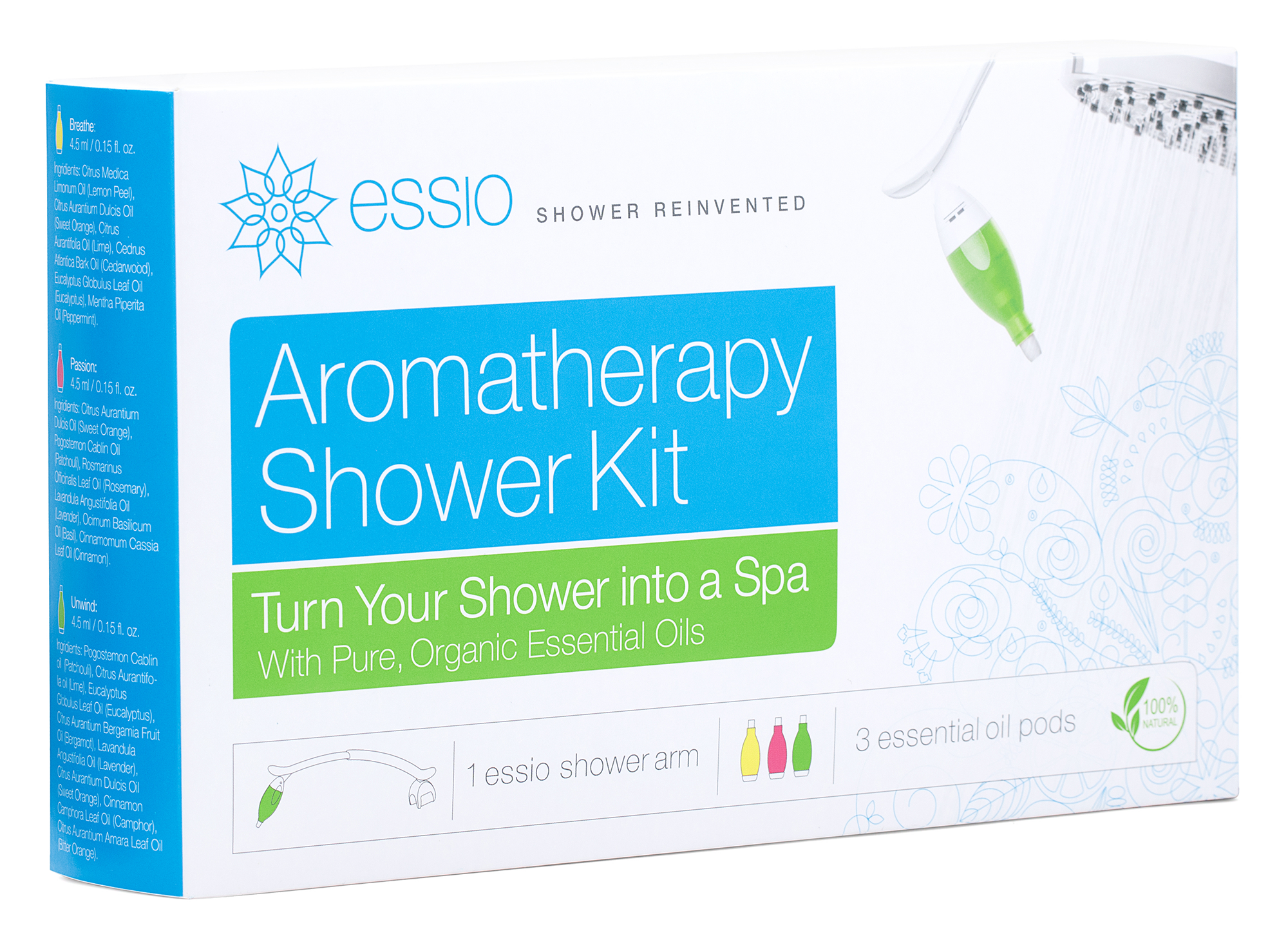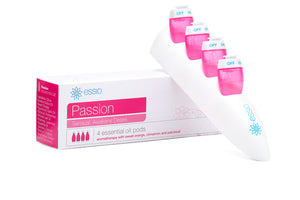Why are we stressed? Sociologists point to three key changes in industrial society in the past decade:
• Information moves at real-time speed now
• Processes necessary to urban survival have become more complex
• We are disconnected from prior sources of social identity which provided comfort
These three related phenomena coalesce to spell “stress.” And we’re all seeking coping mechanisms for stress, all the time. Coping mechanisms for stress may be long-term or short-term. Coping mechanisms for stress may also be productive, and not-so productive, even destructive. Without moralizing, we want to make choices which serve us in the long run—and the healthier, long-term choices usually fit the bill best. Let’s explore those three sources of modern stress a bit more closely.
• Information moves at real-time speed now
Even a generation ago, and certainly in our grandparents’ time, news—good
and bad—took a while to get here, via newspaper or radio dispatch. Today,
tragic reporting on a deadly tsunami or a dolphin-slaughter on the other side of
the world reaches our consciousness at is happens. This scenario (war, tragic
accidents, terrorism) is repeated many, many times a day if we are connected
to global media feeds. We are confronted with mayhem, chaos and terror as
we receive breaking news which now reaches us as it happens. As we are
pummeled with these images, we naturally seek coping mechanisms for
stress.
Aromatherapy is one of the least intrusive, most gentle and most effective
coping mechanisms for stress. A warm shower diffused with essential oils
of Lavender, Sage, Basil, Ylang-Ylang and other organic botanicals may help
regulate blood pressure, soothe anxiety, and balance out spikes of cortisol, the
brain-chemical called the “stress hormone.”
• Processes necessary to urban survival have become more complex
Life has always been hard. Now, it’s not only hard, but very complicated,
especially when it comes to housing, health care and finances. Huge institutions
have rules regarding these crucial areas of life. And rules bring paperwork and
lots of anxiety. Trying to get approval for a loan, or assessing one’s eligibility for
insurance is nerve-wracking. Or simply consider the complexities of a normal
day, where a lost cell-phone or a forgotten PIN or password can render a person
virtually invisible, and prevent access to needed resources. Again, we seek
coping mechanisms for stress when it all just seems so very complicated to
get through a regular day. Some coping mechanisms for stress, like numbing
one’s self with substances—binges on anything from Girl Scout cookies to
pomegranate martinis—have only short-lived effects, and a potential downside.
• We are disconnected from prior sources of social identity which provided
comfort
Communities of the past were close-knit because they had to be. Today, we are
all part of the vast digital diaspora. Children in the industrialized world typically
move far from their families—often continents apart. The old foundations of
parish, congregation, community, village, clan, have evaporated, adding to the
modern sense of being untethered in a lawless universe.
COPING MECHANISMS FOR STRESS THAT WORK RIGHT NOW:
• Keep your home organized. Pay someone to keep it orderly for you, if
necessary. This means throwing out newspapers and keeping debris
under control on a weekly basis. Accumulated junk makes us stressed.
• Bring life into your home. But wait on the kids and pets. Start small, with
philodendron and pothos plants (at every supermarket). They thrive on
just a little water (weekly) and a sunny windowsill. It’s a proven fact that
growing plants in your home is relaxing. These are low-maintenance and
will reward even casual care with twining, glossy heart-shaped leaves.
Skip the cacti, though: they are negative Feng Shui for your home, interior
or exterior.
• Simplify your wardrobe. Pull and donate clothes you don’t like or don’t
wear for any reasons. Establish a refined, disciplined work wardrobe – we
suggest that you save all colorful garments for weekends, and wear only
black, navy, white and gray Monday through Friday. This makes life so
easy, especially when you travel. You can always energize with color in
the form of scarves and socks. And wear your pink pants on Saturday.
• Unplug. Yep. Think of it as a “meatless meal”. Turn off all news sources
one evening per week and let your mind turn to vanilla pudding.
• Shower with essential oils. Breathe in the botanical essences – on a
neurological level, they are nature’s coping mechanisms for stress.




